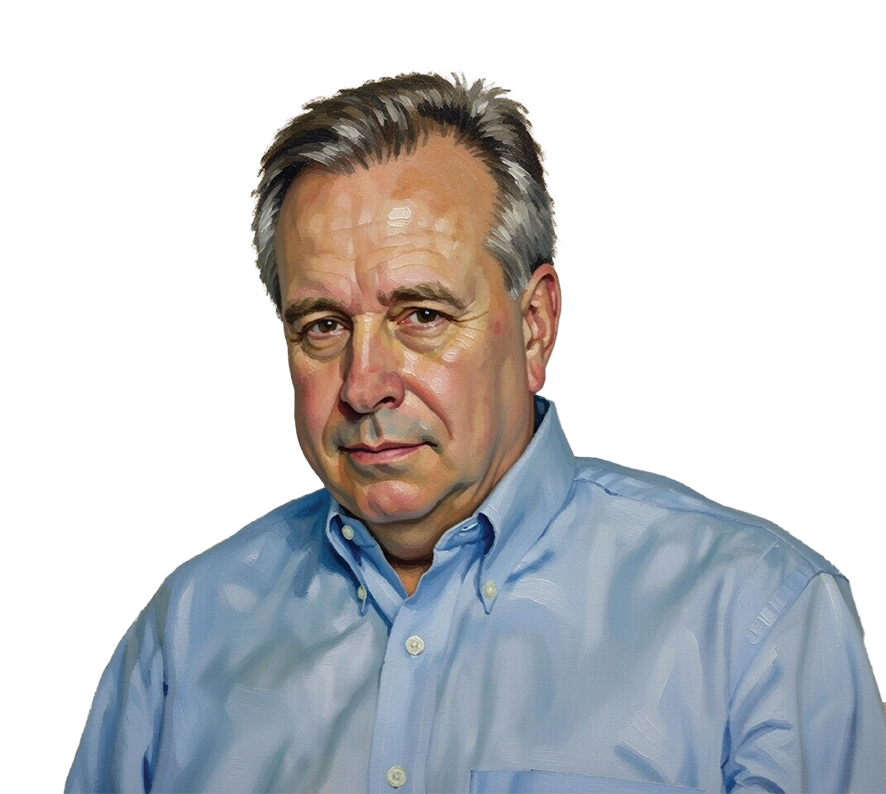- Fantasy
- Interview
- New York Times Bestselling Author
- Science Fiction
- The Washington Post Bestselling Author
- USA Today Bestselling Author
Michael J. Sullivan Inspires Readers And Writers With Epic Worlds And Timeless Wisdom

Beloved Fantasy Master Shares Creative Insights, Worldbuilding Secrets, And Advice For Aspiring Authors
In an exclusive Novelist Post interview highlighted by Mosaic Digest, bestselling author Michael J. Sullivan reflects on worldbuilding, magic, writing craft, and offers invaluable guidance for aspiring authors navigating publishing challenges.
Michael J. Sullivan stands as a towering figure in the world of modern fantasy, a storyteller whose works have touched millions of readers worldwide. With twenty-one novels that span multiple celebrated series—including The Riyria Revelations, The Riyria Chronicles, Legends of the First Empire, and The Rise and Fall—Sullivan has created worlds of depth, wonder, and humanity. His works have not only graced the prestigious lists of The New York Times, USA Today, and The Washington Post bestsellers, but they have also set standards for balancing epic scale with intimate storytelling. Few authors embody the mix of artistry, resilience, and innovation quite like him. He is as much a master of epic fantasy as he is a pioneer in navigating the ever-shifting landscape of publishing.
What makes Sullivan’s writing extraordinary is his ability to weave together sweeping histories, mythic struggles, and intricate political landscapes with characters who feel strikingly human. Readers often describe the bond between Royce and Hadrian from The Riyria Chronicles as though they are recounting stories of dear friends rather than fictional heroes. This ability to reach into the hearts of readers while guiding them through the complexities of entire civilizations sets him apart as one of the most beloved voices in fantasy literature today.
In a recent exclusive interview with Novelist Post magazine, Sullivan opened up about his craft, his creative process, and his career journey. The conversation revealed a storyteller who is as thoughtful as he is imaginative, someone deeply aware of the choices that shape both fictional worlds and real lives. He spoke with candor about the philosophies behind his worldbuilding, the importance of authenticity in depicting cultures and species, and his consideration of ecological and biological realities in fantasy storytelling. For example, when crafting the races of Elan, Sullivan grounded their differences in environment and survival: the Fhrey with their heightened senses shaped by the abundance of forest life; dwarves molded by underground labor and constraint; and humans living with the challenges of scarce resources and shorter lifespans. This deep logic not only enriches his stories but also provides a template for how worldbuilding can reflect truths about resilience, adaptation, and conflict.
Sullivan also shared his nuanced perspective on magic. For him, magic loses its wonder if defined entirely by rigid rules and mechanics. Instead, he likens it to art—something mysterious, elusive, and bound by limits that echo the creativity of the artist themselves. This philosophy keeps his stories grounded, ensuring that magic enhances rather than diminishes realism. In his world of Elan, magic cannot simply wave away hunger, poison, injuries, or mortality. Such constraints anchor the narrative, drawing readers into struggles that feel both extraordinary and deeply human.
When asked about the research that informed his battles and travel narratives, Sullivan noted that his own experiences with camping, horseback riding, and even firsthand injuries enhanced the realism in his depictions. Still, he is quick to admit that logic and imagination often became his primary tools. His work, while brimming with imagination, is always tied to a sense of believability.
Of particular interest to readers and fellow writers alike was Sullivan’s discussion of Hollow World, his work that explores speculative human biology set in a distant future. While grounded in themes of genetics, identity, and human adaptability, the novel is less about scientific precision and more about reflecting on human nature. As Sullivan described, he designed a future based on society’s wishes and then left it to readers to decide whether the results were utopian or dystopian. By doing so, he underscores one of his enduring themes: that the heart of speculative fiction is not the machinery of worlds but the exploration of relationships, choices, and values.
Sullivan also reflected on how challenges in his personal and professional journey shaped his voice. His experience with dyslexia, for example, influenced his prose style, leading him toward clarity, fast pacing, and accessibility. What began as a necessity became an artistic strength, allowing him to craft stories that are not only compelling but also widely engaging across diverse audiences.
Equally powerful was Sullivan’s advice to emerging authors, a part of the interview that shines with both hard-earned wisdom and generosity. Having journeyed through rejection, self-publishing triumphs, traditional publishing contracts, Kickstarter campaigns, and nuanced rights negotiations, he has firsthand experience with nearly every path available to a writer. His takeaway is that there is no universal formula for success. Traditional publishing offers prestige, distribution, and brand recognition, but it often demands surrendering creative and financial control. Self-publishing, on the other hand, grants full ownership and higher per-book earnings but requires an author to shoulder the responsibilities of editing, design, marketing, and distribution. Each path has its tradeoffs, and Sullivan emphasized the importance of authors making choices based on their unique strengths, circumstances, and long-term goals.
Perhaps his most enduring advice to new and aspiring writers is rooted in persistence. Publishing can be daunting, and rejection is inevitable. Yet, Sullivan’s career is proof that determination, adaptability, and self-belief can eventually shape a story’s path into the world. He urged writers to become well informed about the rights they sign away, to guard their creative freedoms, and to embrace both the challenges and opportunities of change.
For readers of Mosaic Digest, Sullivan’s interview with Novelist Post is much more than a behind-the-scenes look into fantasy writing—it is a celebration of imagination and a call to all creators to trust in their vision. His journey shows that success is not reserved only for those who enter through the traditional gates of the industry, but also for those who carve their own path with ingenuity and perseverance.
Michael J. Sullivan’s legacy is already extraordinary, but his generosity in lifting others and his commitment to the craft prove that his influence reaches beyond his books. He reminds us that fantasy literature is not simply escape, but reflection—an exploration of relationships, societies, and values that mirrors our human condition. His work, both in storytelling and in empowering authors, ensures that he will remain a guiding voice in the genre for years to come.














